Why are You Snoring?
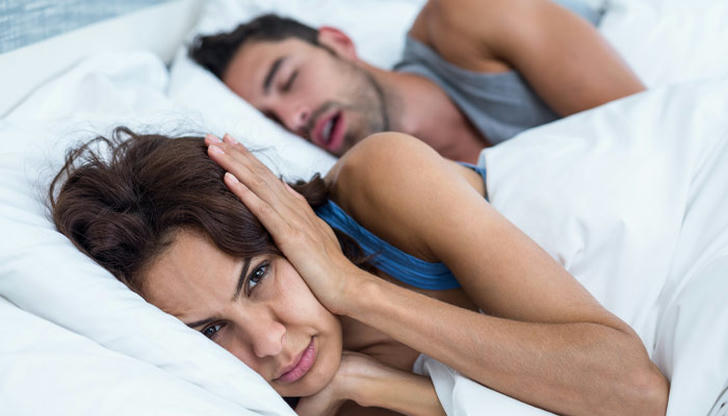
As a common phenomenon in daily life, you must not be strange to snoring. Everyone has more or less several relatives or friends who snore. Everyone has suffered the pain of noisy snoring to some extent and has been unable to sleep. But why do people snore? In fact, there are many reasons. Here are some common reasons for snoring. Check which one you belong to.
1. Obesity

It is known to all that fat people have much more fat than ordinary people, and the same is true for the fat in the throat and airway. When sleeping, the muscles naturally relax, which can easily cause the upper airway to collapse, causing airway stenosis or obstruction. When the airflow passes through the narrow part, vortices are generated and vibrations are caused, thus the snoring would be formed. If the airway obstruction is more serious, it may fall into the category of disease, which is medically called obstructive sleep apnea-hypopnea syndrome (OSAHS).
2. Tongue Hypertrophy

There may be some people who do not meet the standard of obesity, but are obese in some parts of the body, such as tonsils, soft palate, tongue hypertrophy, excessively long uvula, throat slack, tongue suffixes, etc. Local hypertrophy or deformation of these organs and tissues may cause narrowing of the pharyngeal cavity and poor respiratory airflow, especially decreased nerve excitability during sleep.
3. Abnormal nasal cavity structure
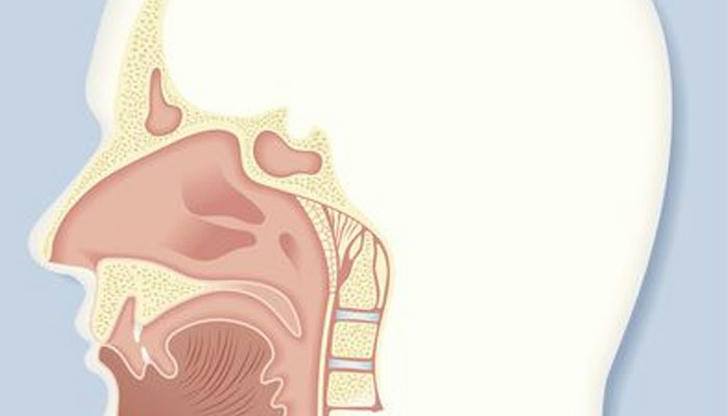
Physiological abnormalities in the respiratory tract, nasopharynx, and jaw are also causes of snoring. For example, deviated nasal septum and nasal polyps can cause nasal stenosis, blockage of airflow, and cause snoring. There are also maxillofacial developmental malformations, such as micrognathia, which can also cause airflow obstruction in the nasopharynx during breathing, which is more serious during sleep at night, causing snoring.
4. Apnea
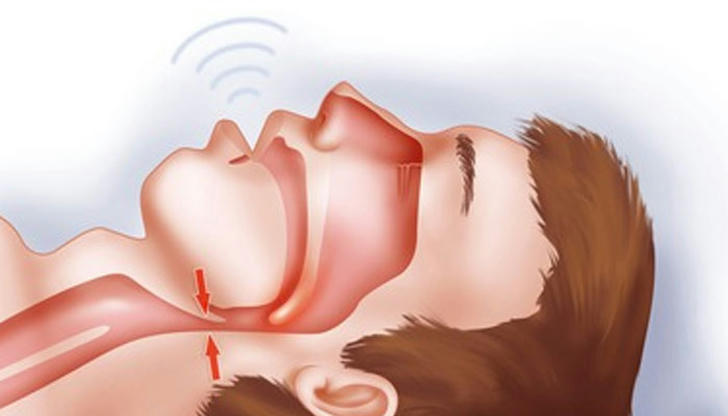
The other points mentioned may eventually evolve into sleep apnea, which is a type of disease, whose full name is obstructive sleep apnea-hypopnea syndrome (OSAHS). Its causes are related to lesions and physiological abnormalities in the nasal cavity, tongue, throat, etc. Compared with snoring caused by other causes, this degree is more serious.
5. Sleeping position
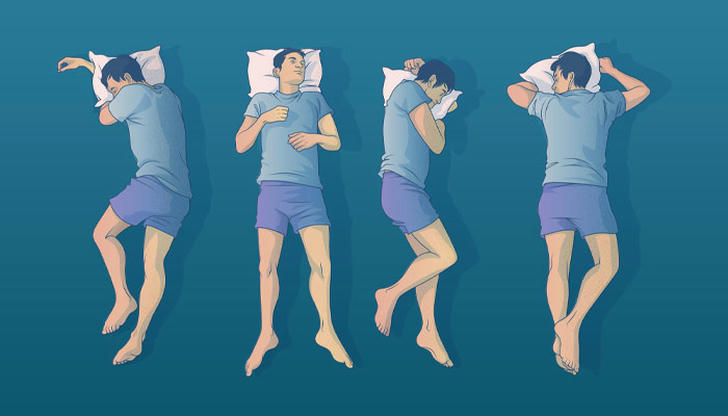
Some mild snoring may be caused by sleeping on the back, which can be solved by sleeping on the side. Such people are basically between snoring and non-snoring and may develop into pathological snoring in the future.
6. Overtired
Although there is no evidence that fatigue can cause snoring, many people’s personal experiences indicate that sometimes if they are too tired at work during the day, they will snore at night. This is a rare phenomenon. The specific cause is not yet known, but since it has little impact, there is nothing to worry about. It’s worth mentioning that snoring is never a sign of good sleep. If you find yourself snoring, you should go to the hospital for a check-up as soon as possible.

To treat snoring, the doctor may first recommend lifestyle changes. You can try the following tips:

1. Lose weight if you are overweight. Overweight people may have excess tissue in the back of their throat, which may cause them to snore. Losing weight can help reduce snoring.
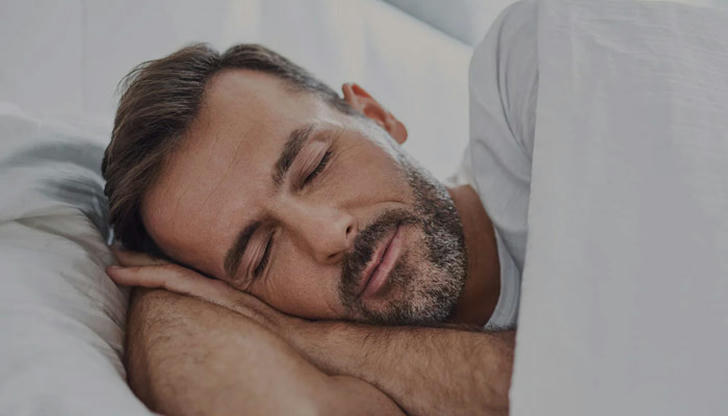
2. Sleep on your side. Lying on your back can push the tongue back into the throat, narrowing the airway and partially blocking airflow. Try to sleep on your side. If you find yourself lying on your back late at night, you can sew a tennis ball on the back of your pajamas.

3. Elevate the head of your bed. Elevating the head of your bed about 4 inches may help.
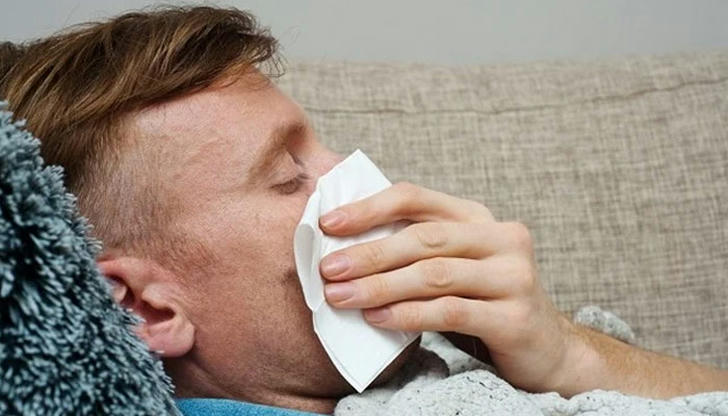
4. Treat nasal congestion. Allergies or a deviated septum can restrict airflow through the nose. This forces you to breathe through your mouth, increasing the likelihood of snoring.

5. Avoid drinking and sedative. Avoid drinking alcoholic beverages at least two hours before bed, and let your doctor know about your snoring before using a sedative. Sedative and alcohol depress your central nervous system, causing excessive muscle relaxation, including the tissue in your throat.

6. Make sure you get enough sleep. Adults should get at least seven hours of sleep each night. Recommended sleep hours for children vary by age. Preschoolers should get 10 to 13 hours of sleep per day. School-age children need 9 to 12 hours of sleep per day, while teenagers need 8 to 10 hours of sleep per day.
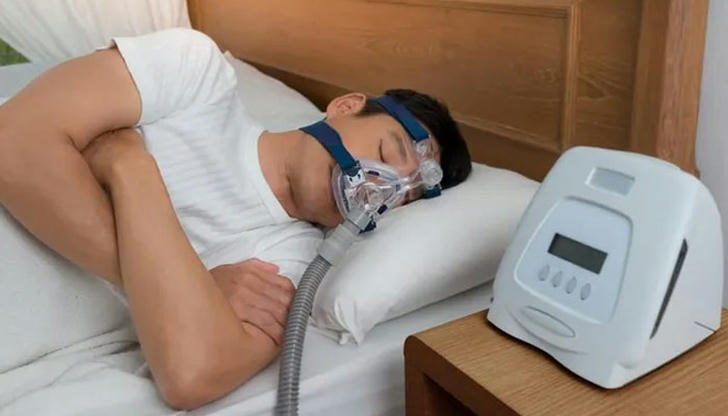
For snoring associated with obstructive sleep apnea, the doctor may recommend you treat it with an oral appliance, which is a conformable dental mouthpiece that helps move your jaw, tongue, and soft palate forward to keep your airway open. There is also a treatment called continuous positive airway pressure (CPAP), which requires you to wear a mask when you are sleeping. It directs pressurized air from a small bedside pump into your airways, keeping them open during sleep. Besides, you can also open the upper airway surgically, but the effectiveness of these surgeries varies and the effects can be unpredictable.
